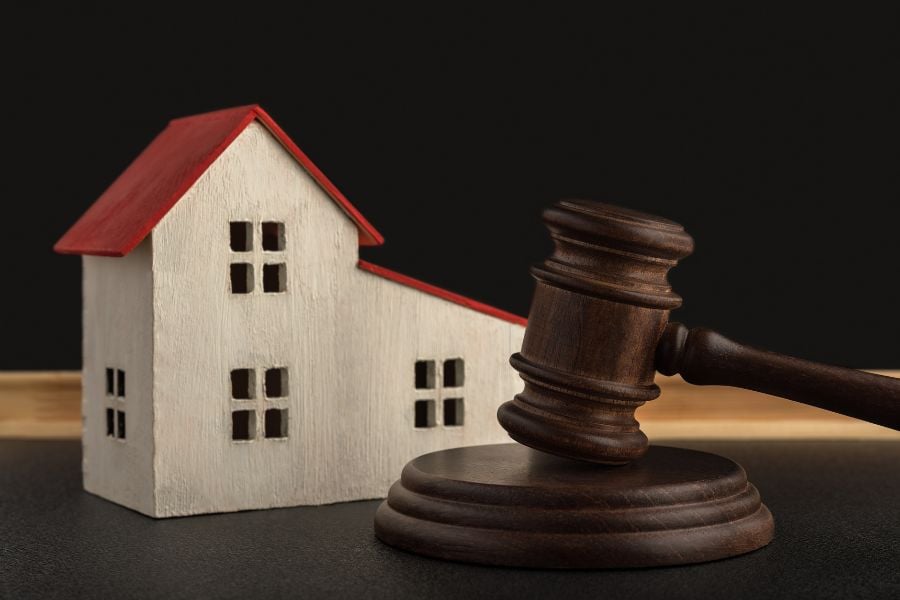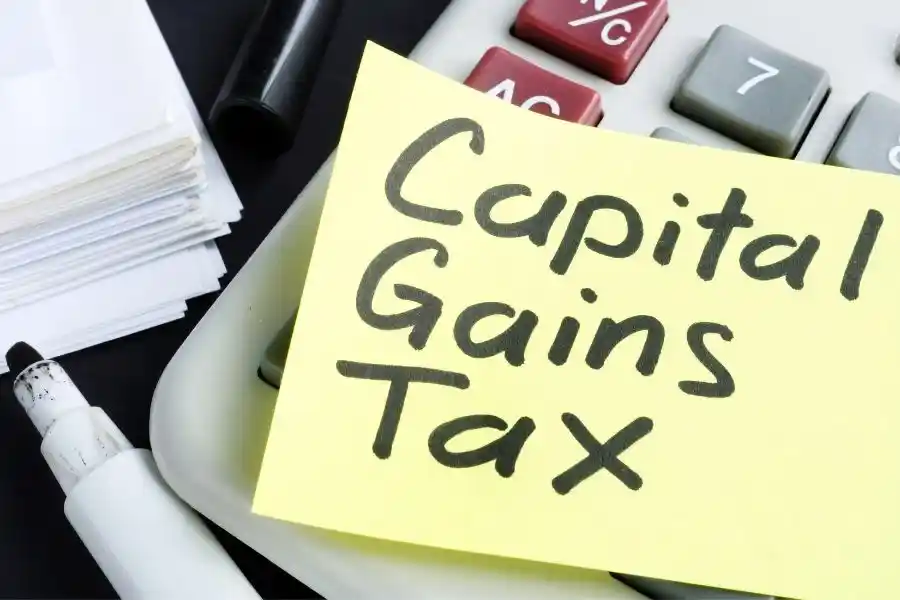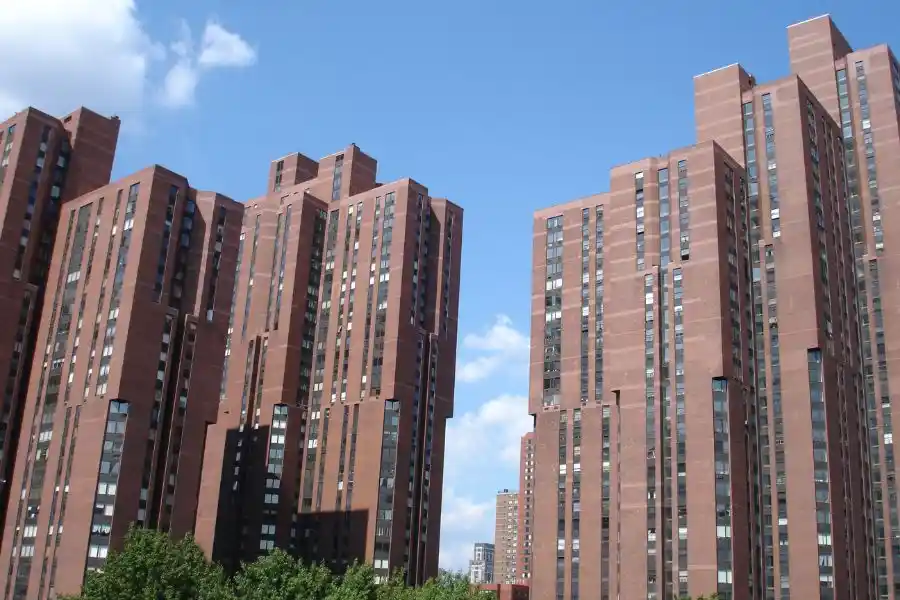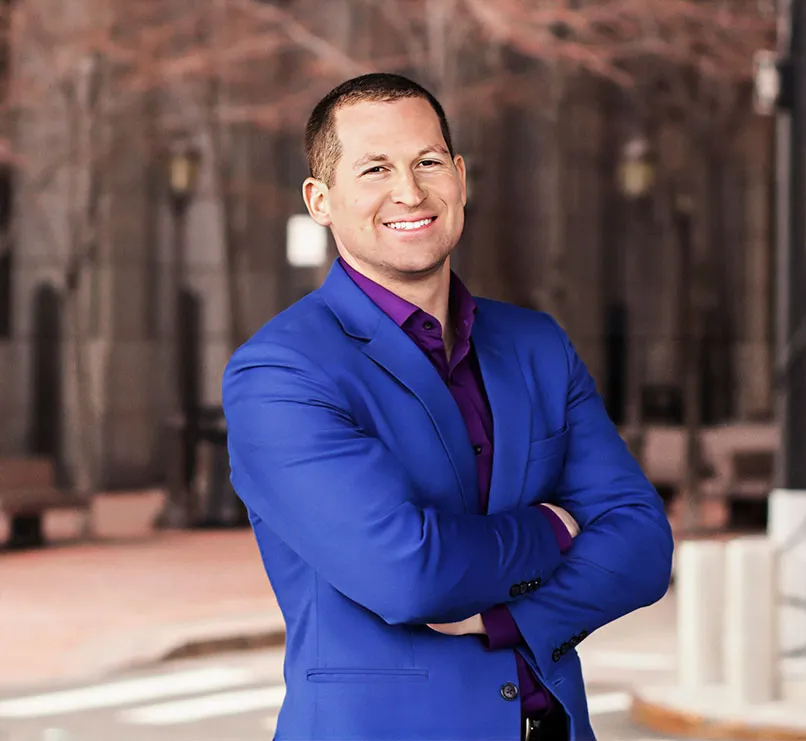Whether you are a homeowner, landlord, or tenant, it’s a good idea to be acquainted with the new housing laws. And if you are wondering – what are the new housing laws in New York? The answer is that there are multiple but two that might be relevant to many people.
Good Cause Eviction
This is a housing law that both landlords and tenants in New York should be aware of. It prevents tenants from being evicted by their landlords without a good cause. Good cause may include breaking the rules of the lease, causing a nuisance, endangering other tenants, or illegal activities. Landlord’s relatives (specifically, not all) moving in, demolishing the home, or taking it off the market are also valid reasons.
But, a more important impact of this housing law is that it stops unreasonable rent increases, even in market-rate housing units. If a landlord increases the rent beyond what is deemed a reasonable amount (Calculated using the current local rent standard), the tenant can stop paying rent, and the landlord cannot evict them for not paying the unreasonable amount of rent under good cause eviction laws.

Individual Apartment Improvements (IAI)
This law is relevant to landlords and tenants of rent-stabilized apartments. According to this law, landlords can increase rents of their units by specific dollar amounts – $167 (buildings with more than 35 units) and $179 (buildings with fewer than 35 units), if they perform renovation. The renovation can be spread over 15 years and must be worth at least $30,000 for the rent increase to be applicable. The IAI limits are different for vacant apartments.
Whether you are buying, renting, selling, or renting out, consulting a New York City broker on the housing laws applicable to your situation is a good idea.









